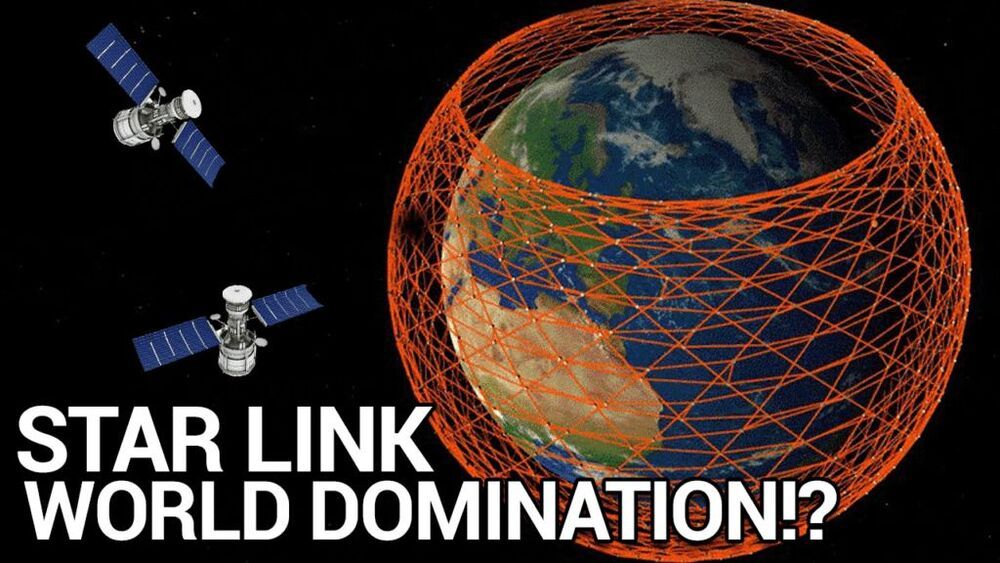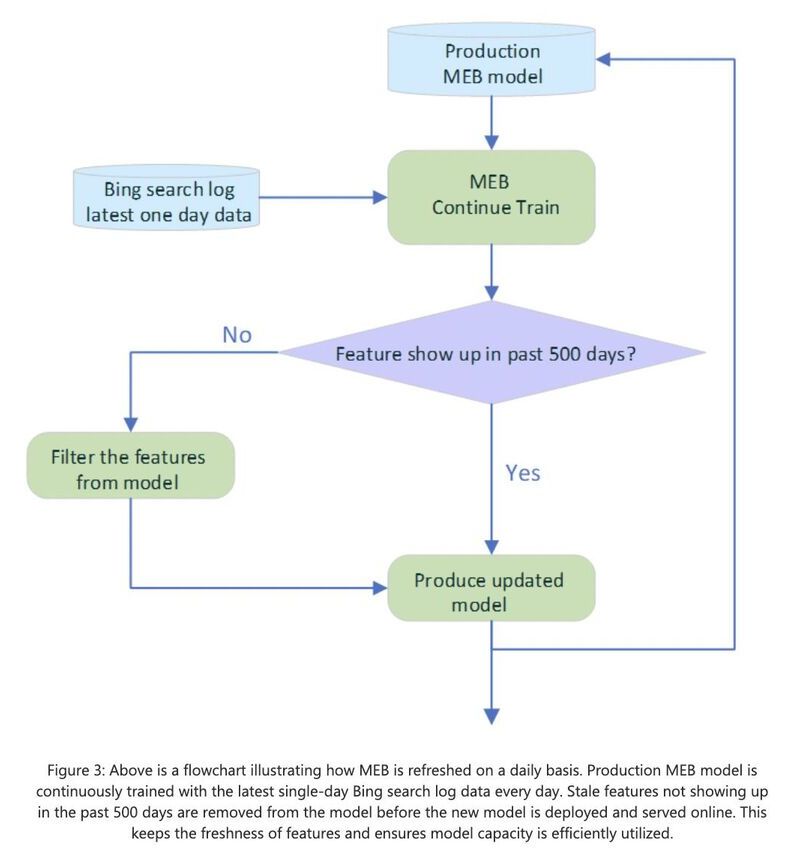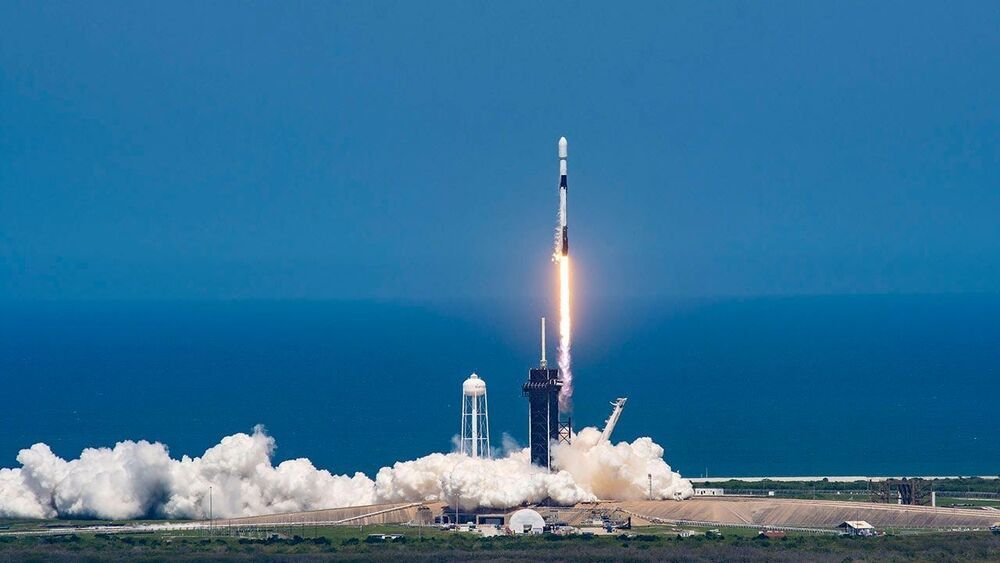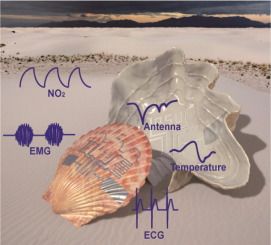
Arm thinks those kinds of applications may not be far away, though. In a paper published last week in Nature, researchers from the company detailed a 32-bit microprocessor built directly onto a plastic substrate that promises to be both flexible and dramatically cheaper than today’s chips.
“We envisage that PlasticARM will pioneer the development of low-cost, fully flexible smart integrated systems to enable an ‘internet of everything’ consisting of the integration of more than a trillion inanimate objects over the next decade into the digital world,” they wrote.
Flexible electronics aren’t exactly new, and sensors, batteries, LEDs, antennae, and many other simpler components have all been demonstrated before. But a practical microprocessor that can carry out meaningful computations has been elusive thanks to the large number of transistors required, say the researchers.
















